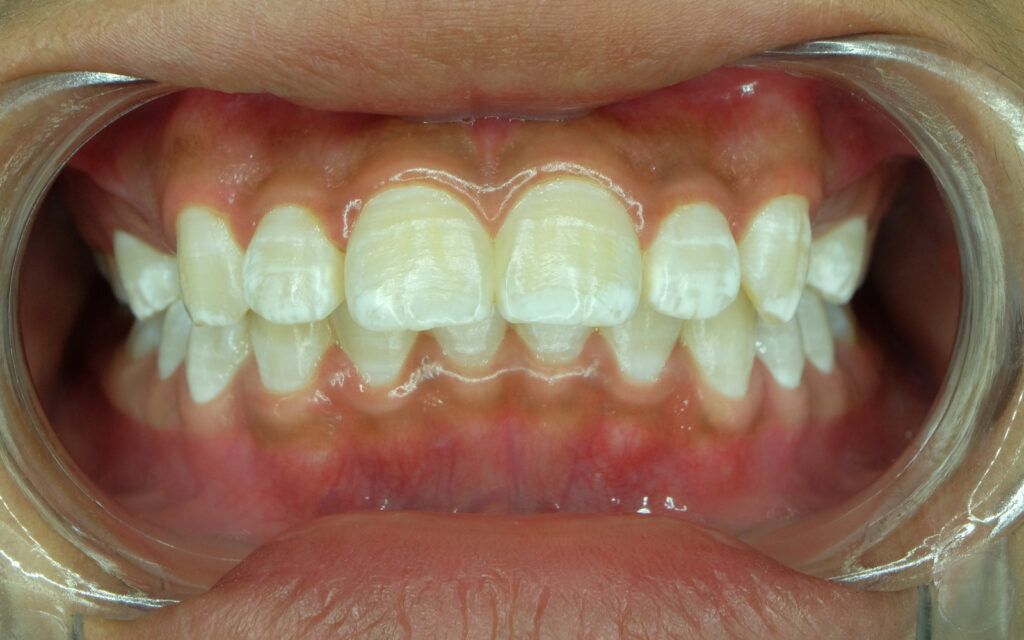Recently, the dental industry has witnessed a rise in the popularity of orthodontic treatments. The reasons for the shift are numerous, involving an increase in the availability and cost-effectiveness of dental treatment. Furthermore, the newer methods of providing dental care tend to negate the visual evidence. However, traditional braces maintain their status as the most common form of dental care. These appliances are a tried-and-true method for correcting a misaligned smile. They’re also a common culprit in creating white-spot lesions during treatment.
How Braces Cause White Spot Lesions
The general cause of white spot lesions is demineralization in the enamel area. The name originates from the cloudy white lesions formed on the teeth. These white spots indicate that tooth decay has been occurring, and this demineralization makes the enamel weaker, making it more susceptible to the advance of decay. Regular wear and tear can damage the enamel with far more ease. Braces have been found to lead to the formation of these lesions due to the struggle of cleaning around them.
Removing these lesions is difficult but not impossible; you can make substantial steps in addressing these lesions with a consistent and thought through dental care plan in your home. However, often more is needed to address the issue independently. One should always combine this hygiene plan with regular visits to the dentist. They will be able to provide treatments and approaches that will strengthen the enamel and stop the advance of decay. Some of these available treatments include:
- Fluoride Remineralization Treatments – Fluoride is one of the essential minerals that defend against tooth decay. This defense can bond with our tooth’s enamel and make it more robust than before. While it is commonly found in toothpaste and mouthwashes, your dentists can provide specified treatments for your teeth. This treatment is highly concentrated and frequently applied using a gel or tray.
- In-Office Dental Whitening – Dental whitening can’t restore already decayed enamel but can affect blemishes. These treatments reduce the visibility of white spot lesions. While they are available in over-the-counter versions, your dentist’s services are more effective.
- Composite Resin Bonding – Some lesions can be incredibly stubborn and need additional care to address them. Composite resin bonding involves a material, either resin or porcelain, being applied over your teeth, obscuring the opaque enamel’s visibility. The dentist easily sculpts this material, which can be tinted to match your natural teeth.
- Dental Veneers – Veneers are other practical approaches to handling minor, aesthetic dental concerns. They’re usually formed out of porcelain, which has translucent properties that mirrors the appearance of natural enamel. Dentists can use veneers to address numerous aesthetic concerns, including white spot lesions, cracks, chips, and minor gaps and misalignments.
These four methods are effective treatments a dentist can use to address white spot lesions.
Talk To Your Dental Provider About Eliminating White Spot Lesions!
Get in contact with your dentist if you are concerned about the impacts white spot lesions can have on your oral health and appearance. They’ll provide a comprehensive exam and assist you to formulate a treatment plan to address these concerns.


